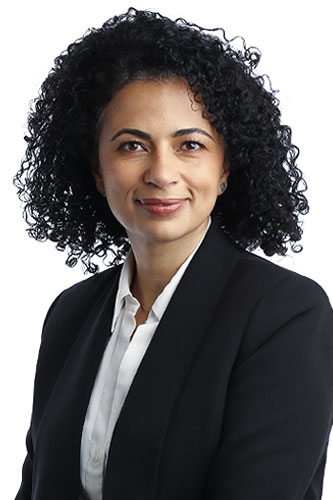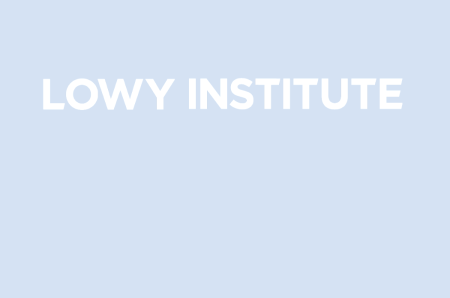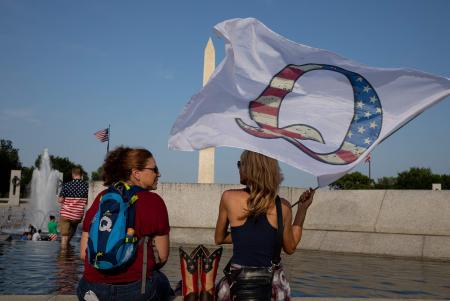
Lydia Khalil is Program Director of the Transnational Challenges Program at the Lowy Institute. She manages the Digital Threats to Democracy Project.
Lydia has spent her career focusing on the intersection between governance, technology and security. She has a broad range of policy, research and private sector experience and has a professional background in international relations, national security and strategic intelligence analysis, with a particular focus on terrorism and other forms of political violence.
Lydia is also a Senior Research Fellow at Deakin University’s Alfred Deakin Institute, where she is the co-convener of the Addressing Violent Extremism and Radicalisation to Terrorism (AVERT) Research Network. Lydia is a research member of the Centre for Resilient and Inclusive Societies (CRIS), where she leads the Crisis Points project on the intersection of disasters, extremism and disinformation. She serves as an editorial board member of the academic journal Studies in Conflict & Terrorism.
Lydia has held previous appointments as an international affairs fellow at the Council on Foreign Relations in New York, the Australian Strategic Policy Institute and Macquarie University. She has previously served as an adviser with the US Department of Defense and as a senior policy and intelligence adviser to the Boston Police Department. She has also worked as a senior counter-terrorism and intelligence analyst for the New York Police Department.
Lydia is a frequent media commentator and has published widely in both popular and academic publications on her areas of expertise. She holds a BA in International Relations from Boston College and a Master’s in International Security from Georgetown University.
She is the author of the book Rise of the Extreme Right: The New Global Extremism and the Threat to Democracy (Penguin, 2022).







